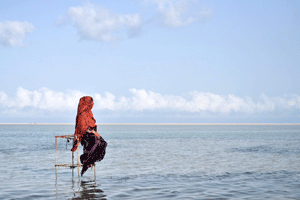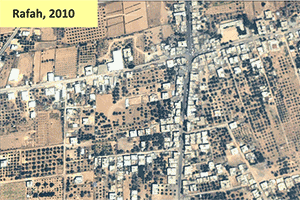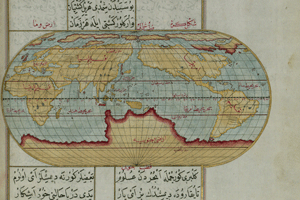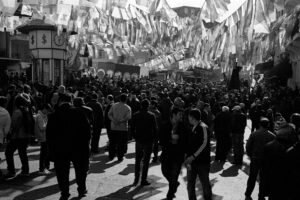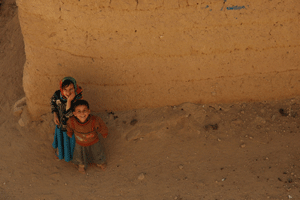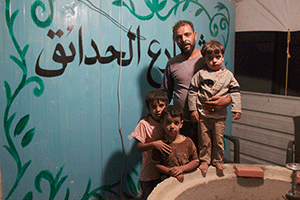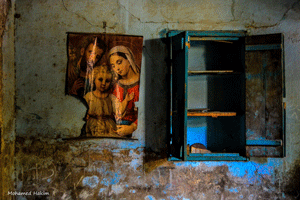
Deviantart. Peace Offering by Kombiz.
Almost exactly fifteen years after the first time the United States used a remote controlled flying robot to attack its enemies abroad, the chickens started coming home to roost. Oct. 2, 2016 was the day ISIS used a kamikaze drone to kill a pair of US-allied Kurdish troops and severely wound two French commandos in Iraq.
The American era of drone warfare had begun when the US military tried to assassinate the Taliban leader Mullah Omar





































